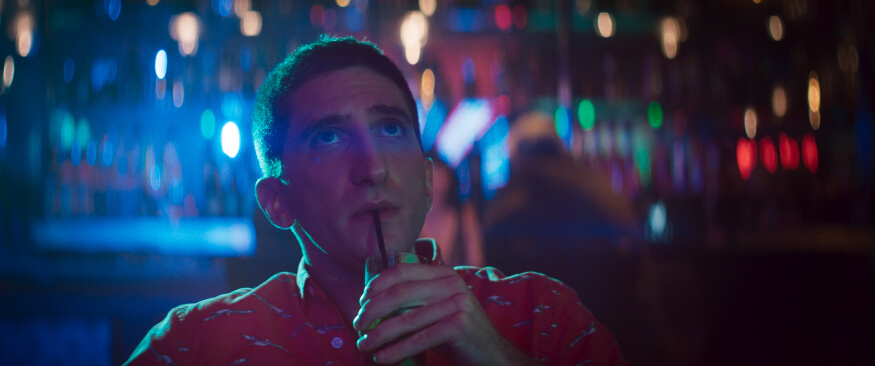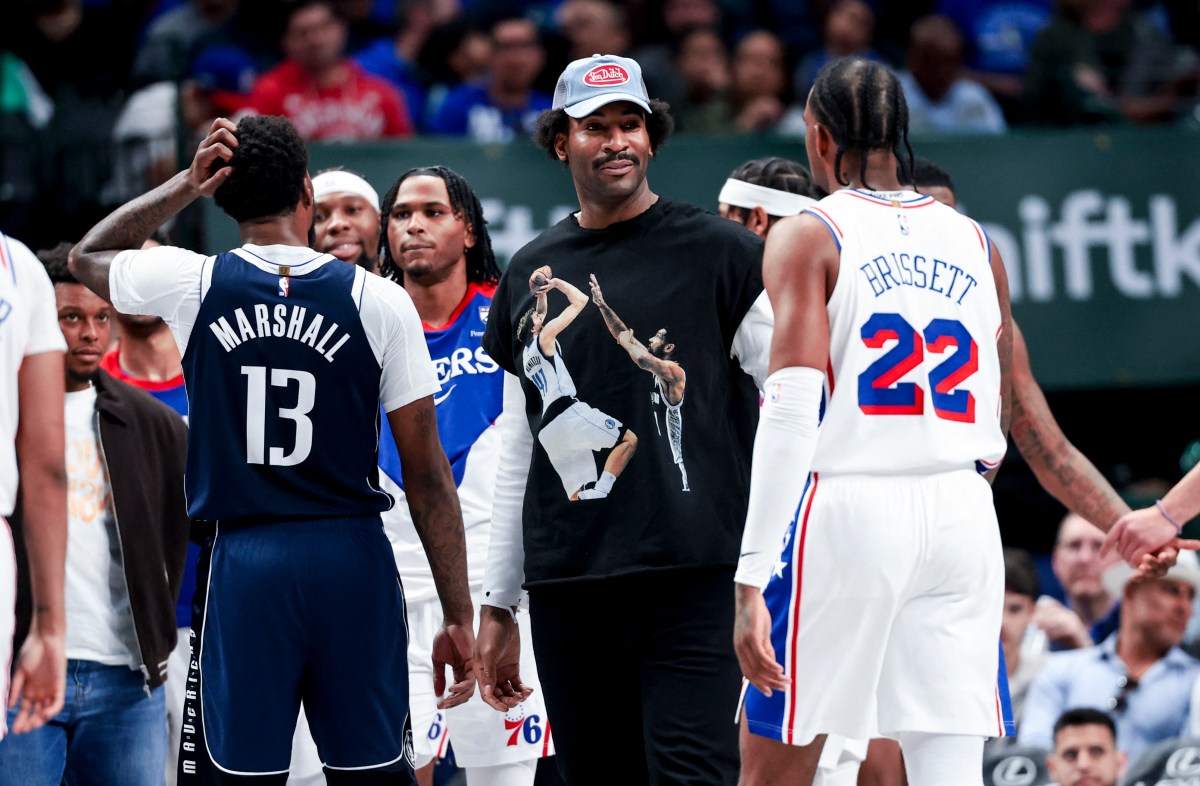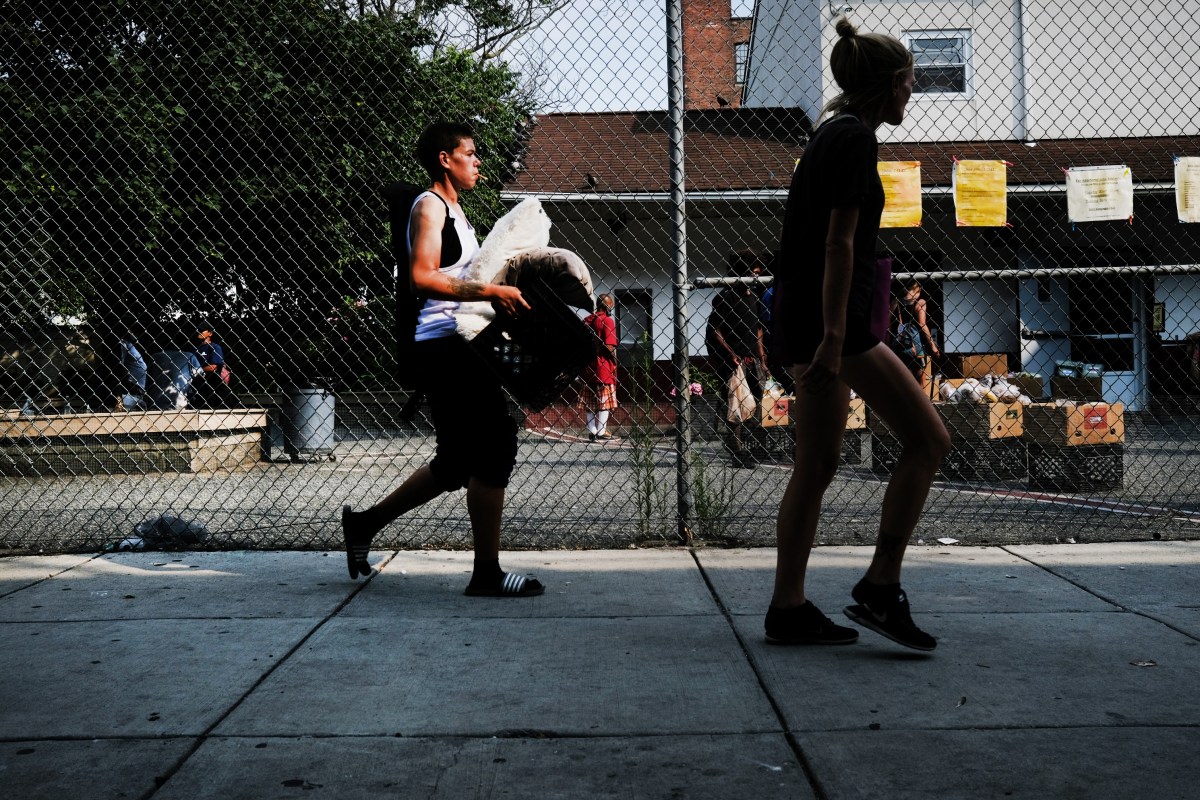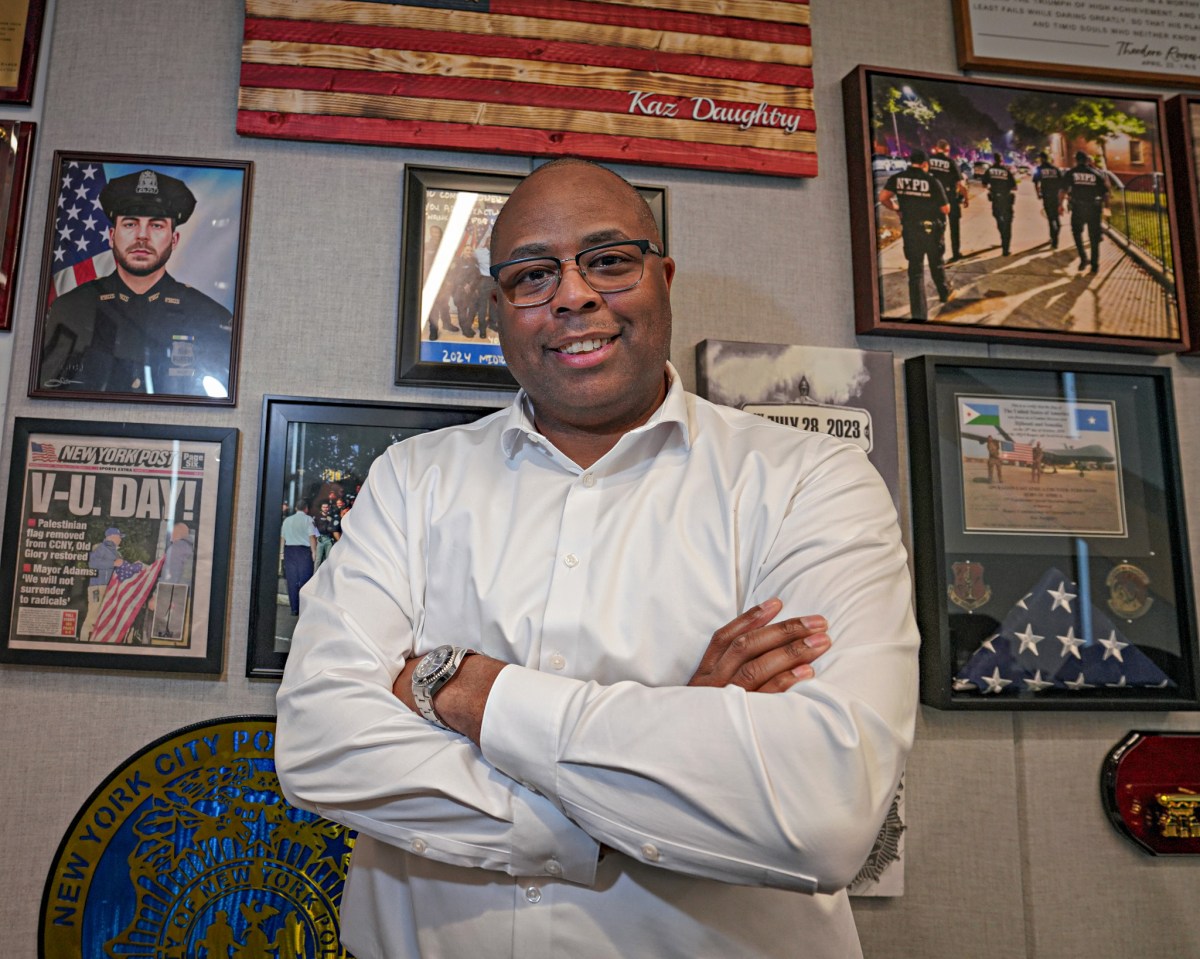There are periods in our lives where we get inspired or even feel the need and desire to tell a story, sometimes without even knowing what that story exactly is. For Aaron Fisher, this sentiment rang true in an extreme way. Living with bipolar disorder, Fisher is used to feeling intense emotions and motivations, and when he set out to write his first feature film “Inside the Rain” (which he also starred in and directed), he needed to find a way to tell that story while also working on one of the hardest challenges someone can go through — figuring out yourself.
“Inside the Rain” follows the story of Ben (Aaron Fisher), who suffers from an array of mental illnesses including bipolar disorder. When Ben is kicked out of school, he falls into a spiral of depression and then finds determination to clear his name. Throughout the process, he meets the beautiful and outrageous Emma (Ellen Toland) and together, the two work together to prove Ben’s innocence, while also growing closer in the adventurous process.
Fisher sat down with Metro to discuss the film, his inspirations and why it took some time for him to figure out exactly what story he needed to tell.
Writer-director-star Aaron Fisher talks debut film, ‘Inside the Rain’
What first inspired you to write this film?
It’s a complicated answer because when I set out to make this movie, the first thing I wanted to do was to make a film that was like “The Graduate.” At that time, I was feeling a lot like Benjamin Braddock, but while writing, it became more and more autobiographical. I originally thought I could write a feature film in a few months, and it turned out to take four years. After the first three or four months of writing the film, I was actually bummed out because I thought the script was bad and a bit of a cliche. It was more like there was perspiration than inspiration. I got so depressed actually that I voluntarily checked myself into a psych ward, which was not fun at all. After I got out of the psych ward, the basic idea of the student having a hearing at his school came up to me, and it sort of started going from there — if there was any sort of eureka moment, it was that.

How do you balance directing and acting in the film as well?
As an actor in a scene, I’m not analyzing my scene partner’s performance. Because if I do, I’m no longer playing the part, I’m then a director looking and analyzing someone else and that would just take me out of the scene and put me in my own head when I should be in the moment and spontaneous. I would look at playback on set though to see if I actually liked the take from the camera’s point of view. That in itself can be tricky, because when you watch yourself act on-screen, especially if you just did it, you just have such a negative view of everything that you did. I think a lot of actors are like that, they can’t watch themselves on-screen. As far as directing, I rehearsed a lot of scenes with my acting coach and teacher, so we were getting a lot of feedback from him. We rehearsed way before we were on set, that’s unusual to have that. With some of the stars though, we weren’t able to make that happen, but like with Ellen Toland, we started rehearsing two or three weeks before shooting and that was really fun. I also feel like I’m directing beforehand with scenes. Rosie Perez asked me a lot of questions before we did scenes about how I wanted the scene to fit into the movie — just very insightful questions. I was happy that she did that. I also relied on a sixth sense to tell if the scene was going well or if it was going bad. But that was really just based on instinct and past experience.
The term ‘recklessly extravagant’ is used a lot to describe Ben, why was that phrase an important part of the story?
As someone who is bi-polar and who has manic episodes, I view the manic episodes as being recklessly extravagant. When you’re spending money, you’re spending all of your money or when you’re dating, you’re all in. Everything is just to the most extreme extent. It tied into the story that Ben tells about Odysseus as well. When he sleeps, he sleeps for ten days and when he has sex, he has sex with the best sex goddesses. I was tying things together, with screenwriting there is a lot of payoff — you plant things early on and there is payoff later. Since the script is loosely autobiographical, it just tied in that way and became more organic. When I was writing the script, I was struggling with how to write about the most painful and traumatic experiences in my life. That was scary, but I did it because of the story — I didn’t set out to make it autobiographical, in fact, I tried really hard not to. I just knew I had a story to tell and that’s what it felt like and where it went.

Overall, what do you hope audiences take away from the film?
There’s the main theme in the movie which is being inside the rain and that image. I saw the rain as being a situation where you’re soaked in the rain and miserable, or you could be in that same situation and it can be euphoric because you’re just excited to be there. For me, that was a metaphor for being bipolar. People get normal depression by something that’s happening to them, with bipolar depression, it’s literally just chemical imbalances in the brain. People were asking me what’s going on, and there’s nothing going on, I’m just miserable. I saw the rain as that situation, and I got the rain image from the Bob Dylan song “Just Like a Woman” and the line “Nobody feels any pain tonight as I stand inside the rain.” I heard that and I thought, ‘That’s the image, that’s the climactic scene.’ I just decided it then and there. The rain is also the tears Ben wanted to cry but couldn’t. It’s very personally meaningful for me. With bipolar disorder, you could be really happy or really miserable, given the exact same circumstances. But I also want the film to be open to interpretation as I think all art should be. I want people who are not bipolar or who don’t have a mental illness to be able to relate to the story. They can interpret it for themselves.
Catch “Inside the Rain” opening up the Big Apple Film Festival at the Cinepolis Theater on Nov. 18 at 8 p.m.

























